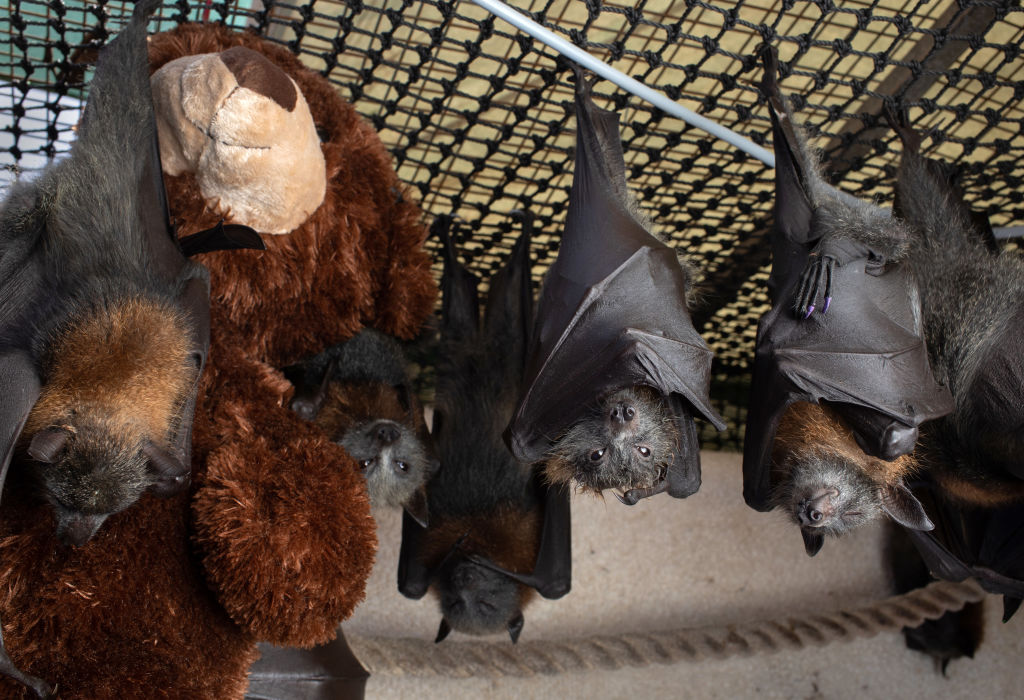Bat Genes Hold Secrets to COVID and Cancer Immunity, Scientists Say
Bat genes have long fascinated researchers due to their remarkable ability to remain unaffected by both COVID and cancer. Despite hosting numerous coronaviruses, bats show no signs of illness. Scientists have been studying these genetic traits in an effort to understand and potentially transfer these health advantages to humans.
Researchers from Cold Spring Harbor Laboratory (CSHL) have suggested that the key to bats’ resistance lies within their genetic makeup. By conducting genome sequencing for Jamaican fruit bats and Mesoamerican mustached bats, the team used cutting-edge Oxford Nanopore sequencing technology to compare the complete genomes of these bat species with 15 other bat and mammal genomes, including the human genome. The results were astounding.
Led by professors W. Richard McCombie and Adam Siepel, along with postdoc Armin Scheben, the CSHL scientists successfully assembled the genetic blueprints of the bats. Through meticulous analysis and comparison, they discovered a significant transformation in the regulation of two genes associated with inflammatory proteins. These findings shed light on bats’ unique immune system and their exceptional resistance to aging and cancer.
The study revealed that bat genomes have a surprising trend of immune system genes being positively selected. Bats possess distinct characteristics that set them apart from humans, particularly their response to infections. The researchers found that genes responsible for producing interferon-alpha, a crucial part of the immune system’s warning system, are deliberately subdued in bats. This adaptation provides bats with a high viral tolerance and protects them from the damaging effects of infections.
Additionally, the researchers discovered that bats have more genetic modifications related to cancer than other animals. Among these modifications, six contribute to DNA repair, while 46 work to suppress tumors. These findings support previous research suggesting that bats have efficient DNA repair mechanisms, which reduce their risk of developing cancer.
The implications of these discoveries are significant. They offer new insights into the connections between immunity, aging, and cancer, potentially leading to advanced medical procedures and treatments. The researchers believe that collaboration with disease experts could result in the development of innovative drugs based on these findings.
While many mysteries surrounding bat genes remain, this research is a crucial step towards unlocking the secrets behind their immunity to COVID and cancer. The knowledge gained from studying these remarkable creatures could have profound implications for human health.
© 2023 TECHTIMES.com All rights reserved. Do not reproduce without permission.




